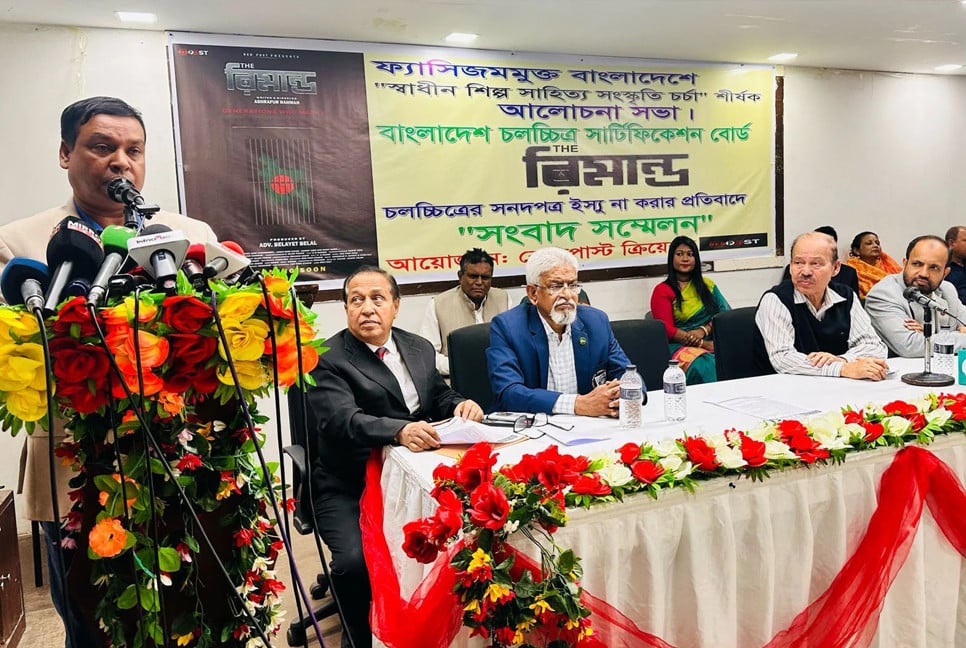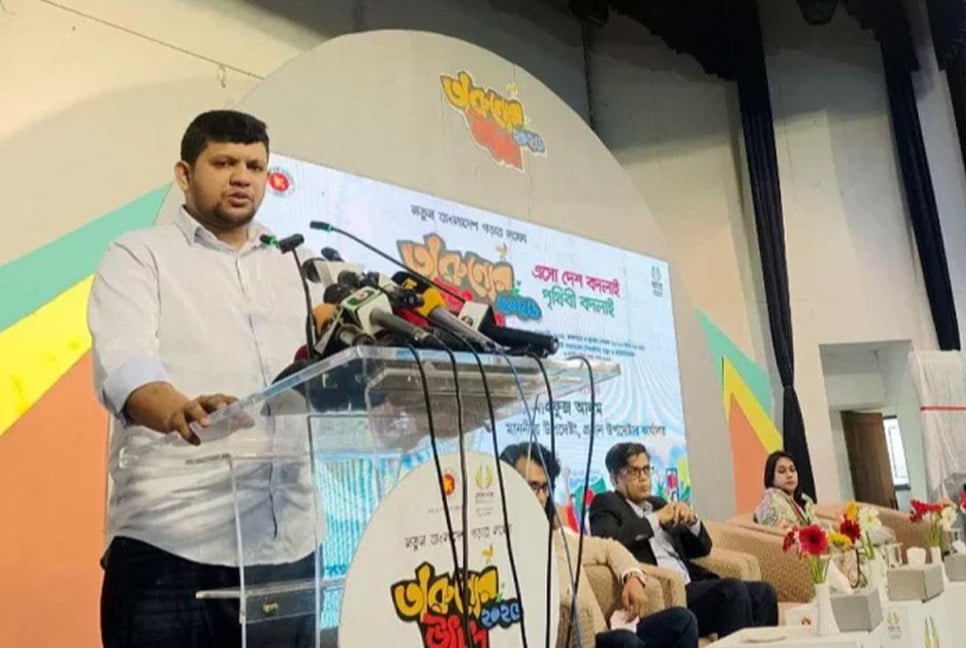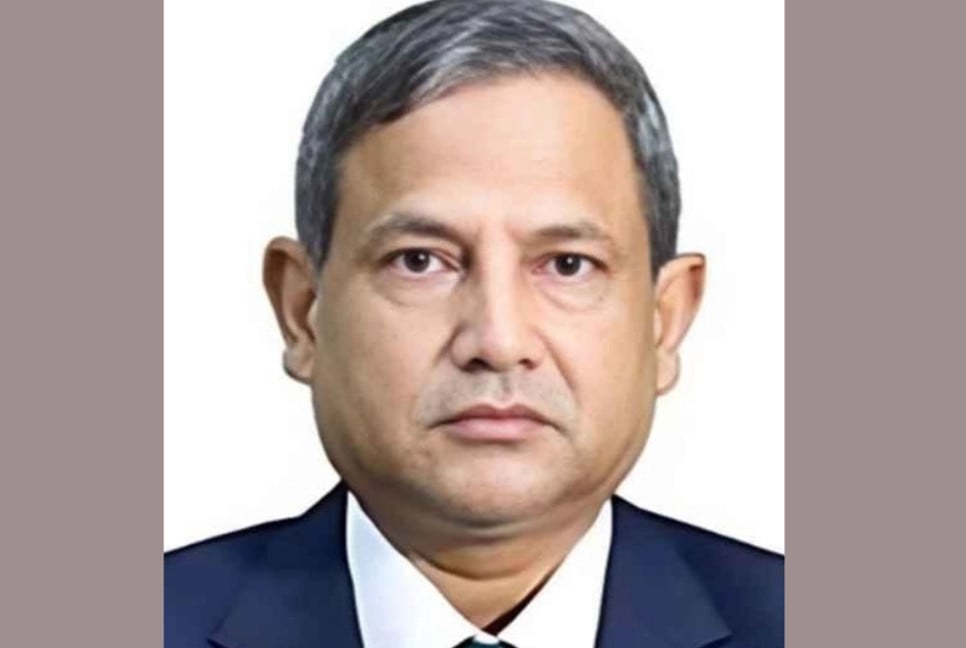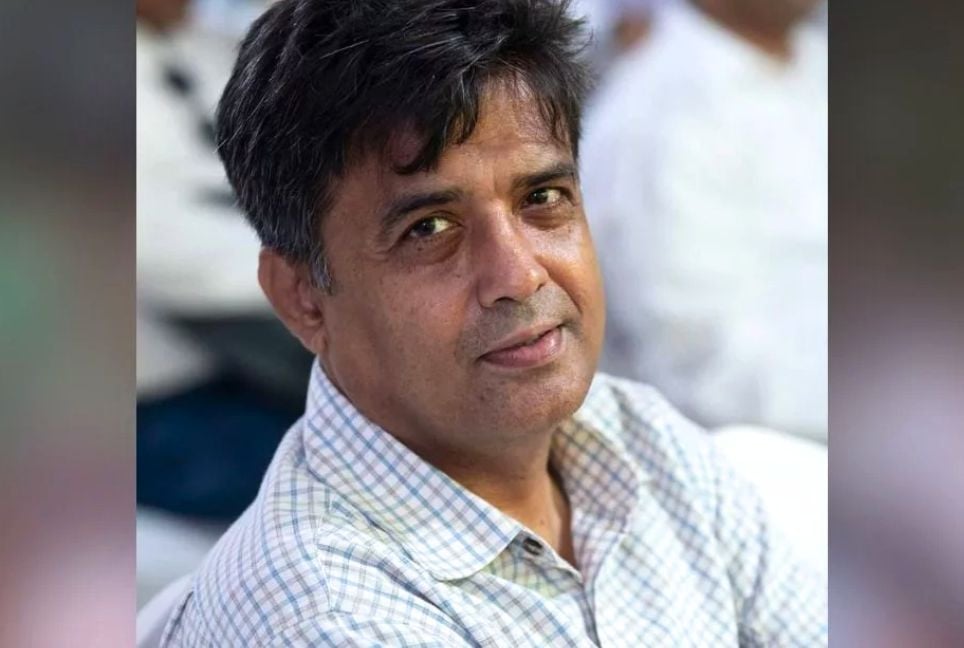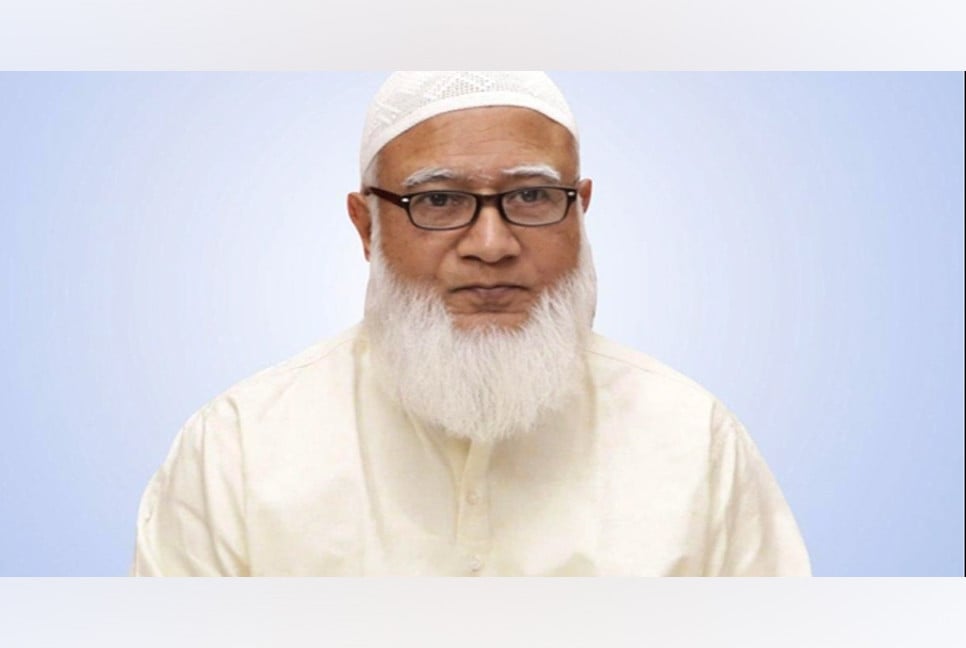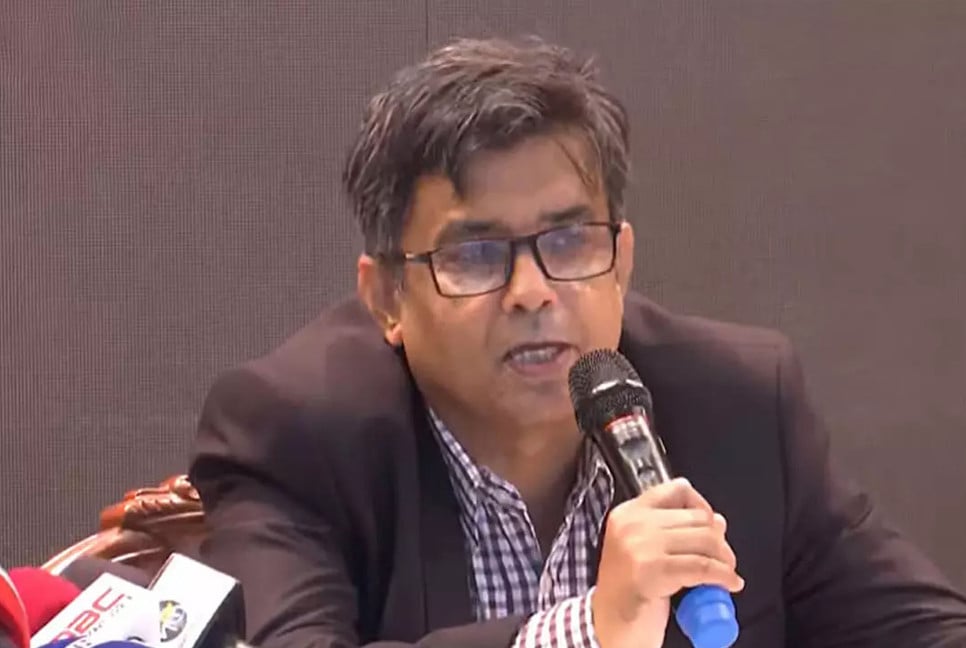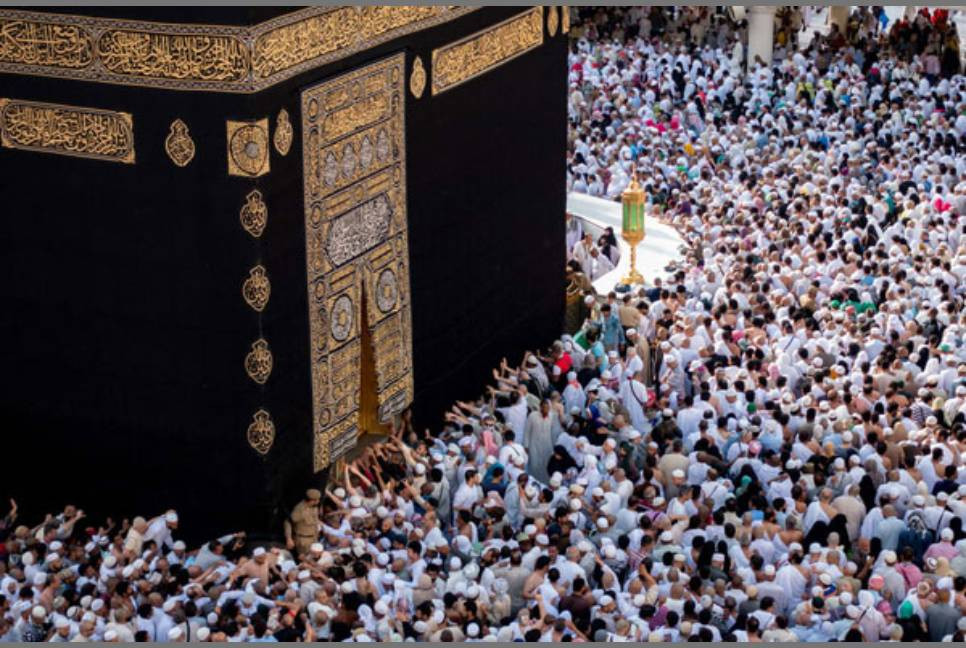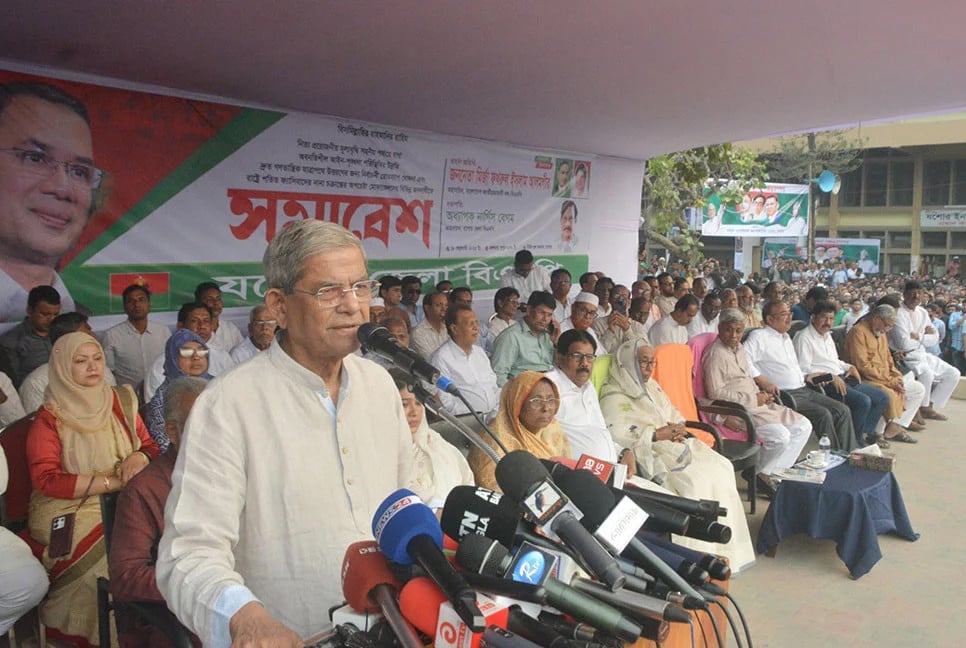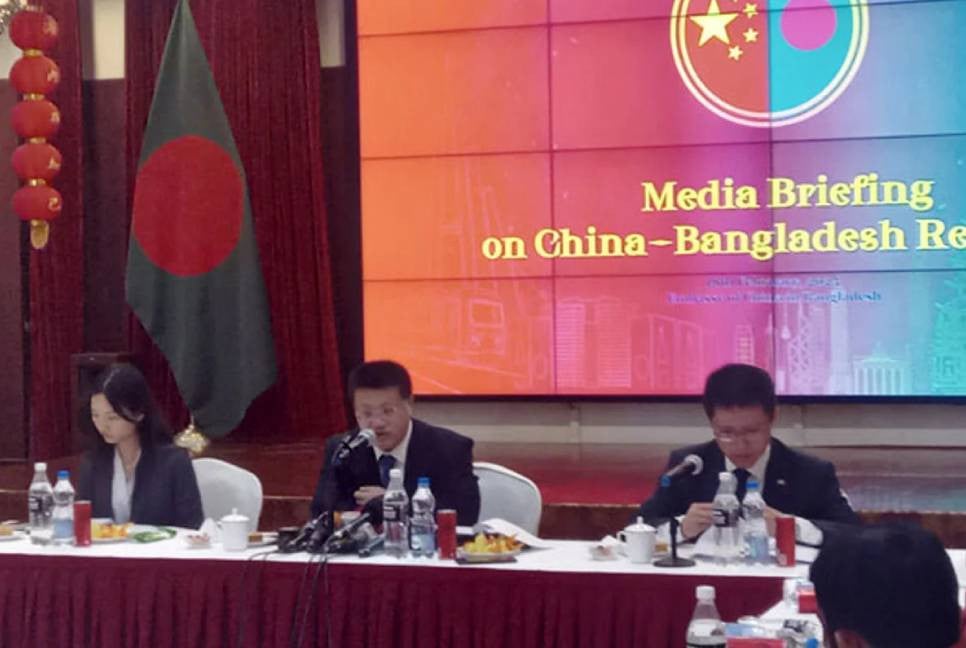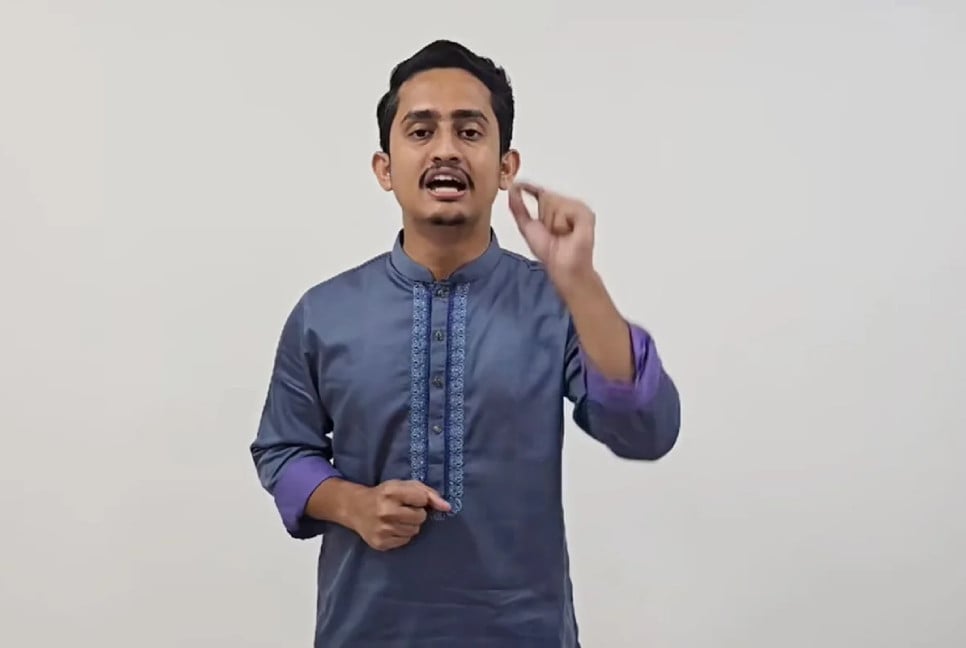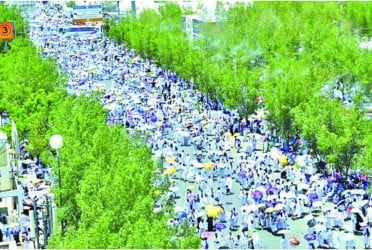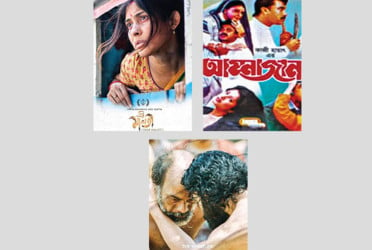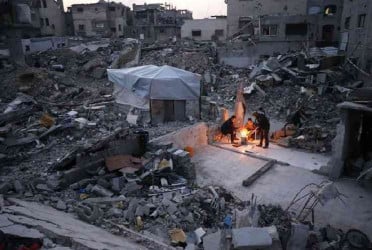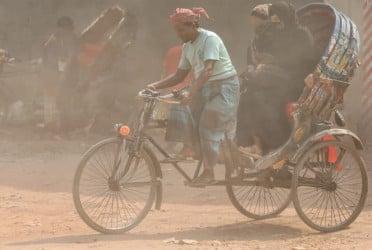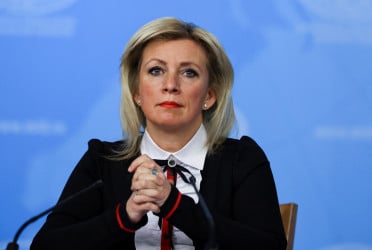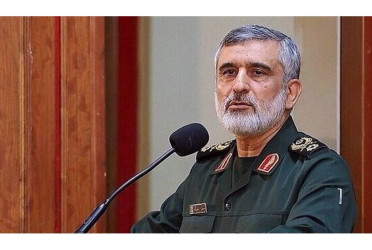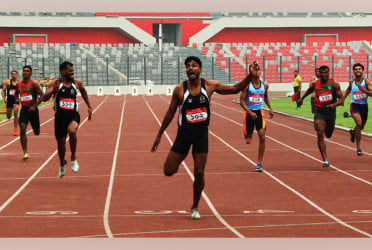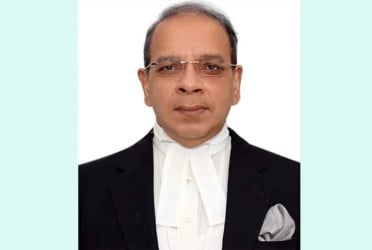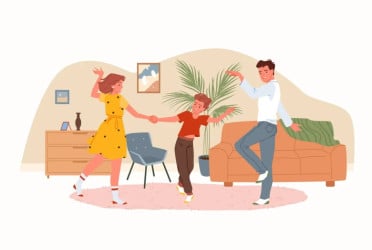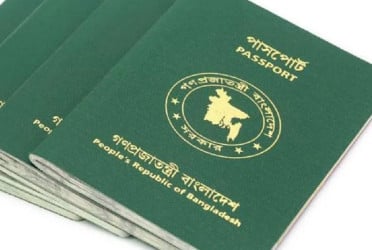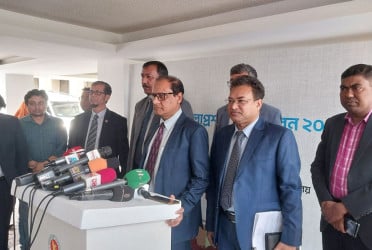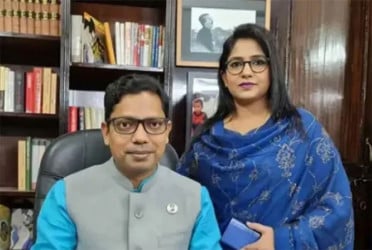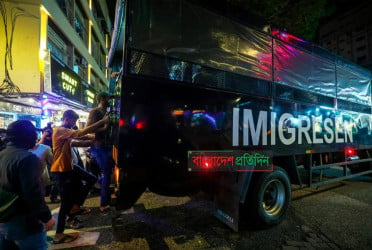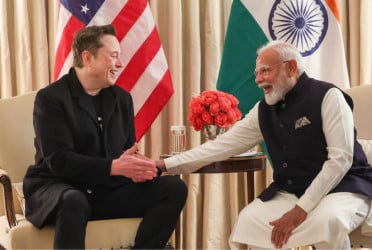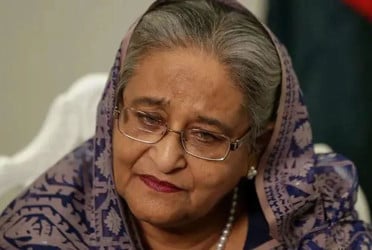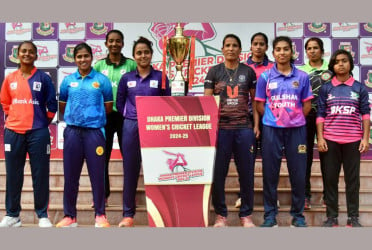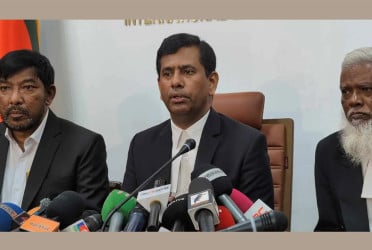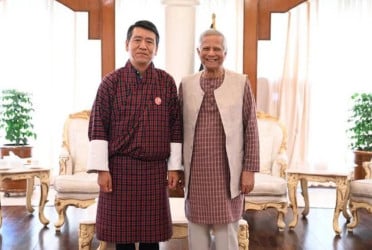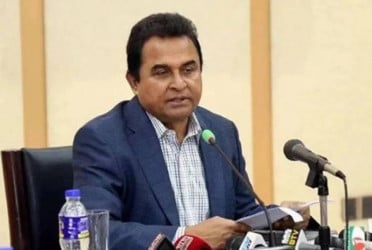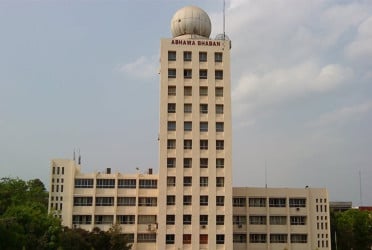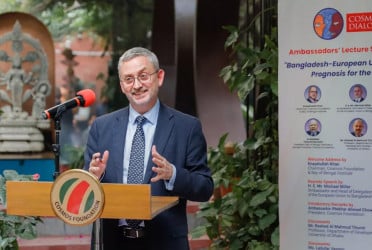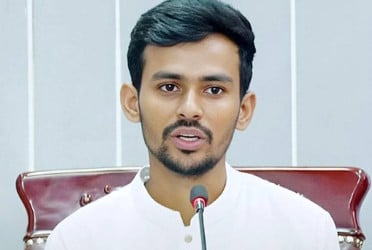Bangladesh Federal Union of Journalists (BFUJ) secretary general Kader Gani Chowdhury said cultural awakening in needed to remove darkness. The cultural awakening of the youth is necessary to remove injustice and crime. We can’t help but thinking about youth’s tendency to be involved in various criminal activities.
“We’ve to inspire our youth to cultural activities in pursuit of enlighten future. Then, they will be enlightening human in both mind and attitude,” he said.
He said this at the Jahur Hossain Chowdhury Auditorium of the National Press Club on Saturday at 3 pm, while speaking as the chief guest at the discussion titled 'Practice of Independent Art Culture in Free Bangladesh' and the teaser screening of the film 'The Remand' based on the July 2024 student movement.
President of the Dhaka Journalists Union Shahidul Islam, NTV director Nuruddin Ahmed, Barrister Omar Faruk, Advocate Shah Ahmed Badal, journalists Erfanul Haque Nahid, Kamrul Hasan Darpan, Sadiq Al Arman, Actor Maruf Aqib and Abir Parvez participated in the discussion chaired by Advocate KM Jabir.
Kader Gani Chowdhury said that culture is one of the key components of human civilization. Elements of culture are involved in every aspect of life. Due to globalization, industrialization and digitalization, elements of culture are exchanged between different countries. There is a connection between culture and subculture for good reason. When the influence of subculture and anticulture becomes excessive, a cultural crisis is created, and foreign dependence comes to many. There is a great need for a cultural awakening in Bangladesh. Through this awakening, it is possible to stop all kinds of irregularities, injustice, and anarchy forever. Through this awakening, the traces of undiscovered civilization will be recognized as national assets and immense potential will be created in the national economy, especially in the tourism sector.
The journalists’ leader told the other journalists that the whole world has given special importance to cultural awakening. They have been able to realize that cultural awakening can be one of the important additions to protect the nation from irregularities, inconsistencies, crime, anarchy, and communalism. Only cultural awakening can make people of all professions and classes stand together, in one framework, and with a specific commitment.
Stating that a stir is necessary for cultural awakening, he said, “There is a class who boycott various aspects of the local traditional culture and rely on foreign culture, and the class that believes in foreign culture wants to spread that culture among us as a whole. We need to be aware of them. Abdul Hakim, one of the greatest poets of the Middle Ages, said, 'He who does not have the knowledge of the mother tongue in his mind, why doesn’t he leaves his country and go abroad'. He said it rightly and his saying is relevant even in the present day. Those who grow up in this country, in the light and air of this country but do not trust the indigenous culture, moreover, feel comfortable relying on foreign culture to give them a separate identity, have no reason to stay in Bangladesh. Michael Madhusudan Dutt settled abroad to express his poetic talent in English in UK. Later, after failing in foreign languages, he returned to the country and focused on practicing poetry in the indigenous language and succeeded. In his poems, he informed us about his wrong decision of despising the Bengali language and gaining fame in foreign languages. There are many such incidents in the history of the world. It is almost impossible to settle down and establish oneself in another culture by ignoring one's own culture, language, and customs. That is why cultural awakening is very necessary, and through this awakening, it is important for the young generation to join the progress of building the Bangladesh of their dreams by loving local songs, dances, poems, plays, manuscripts, films made in the local language.”
He said that the richer the elements of culture, the more significant changes can be brought about in the development of civilization of that nation. The care of culture and civilization can basically affect one another.
The journalists’ leader said that the rituals that have been closely intertwined with the lives of Bengalis by maintaining the continuity of tradition from the hands of their ancestors for a long time are the culture of Bangalis. The sources of Bengali songs, poems, films, dialogues, plays, festivals, festivals, etc. are closely linked to human life. Therefore, these things are the culture of Bangali life. Social structures are stabilized based on culture, and social activities gain momentum. The stronger the nation is in its own culture and continuously practices its own culture, the stronger and richer that nation is in terms of culture and heritage, as well as economically. He said that culture helps to highlight the stable and prosperous state of a nation. Regional languages, especially indigenous languages, must be preserved. Hence, it’s important to take steps in this regard. The use and practice of cultural elements such as Bhawaiya, Bhatiali, Jari, Sari, proverbs, etc. are gradually decreasing. Initiatives should be taken in these aspects, such as organizing competitions on folk music, old-time songs and the aforementioned songs at the national level. Because the more culture is practiced, the more the developing trend of civilization will be stirred and discovered.
Kader Gani Chowdhury said, “There is no place for cultural workers to rehearse, no stage for display. There is no library for study, no free seminar hall for discussion. On the other hand, places, buildings and stages are in a state of disrepair. The unused town halls of the district and upazila headquarters, the municipal market, the Muktijoddha Complex and the Union Parishad buildings of the upazila are also faced same conditions. Rivers, ponds, parks and markets are devoid of festivities.”
“Artists die of hunger, live a disgraceful life. There is no opportunity to read books. Artists do not communicate with each other. There is no gallery for artists to display their paintings, no opportunity to watch movies. Since the privately owned halls are closed, cinema screenings are almost stopped.
Just by looking at the design of the town halls, it is clear that the Hasina government did not know town halls, but community centers. Like every dictatorship, they did not want the development of cultural practices. If they remove the tiles and install some bricks step by step, it will become a real town hall. This is possible for a few lakhs of taka if we get out of the culture of installing tiles. That money will also be provided by local wealthy people, if their names are mentioned as donors somewhere.”
Bd-pratidin English/Lutful Hoque

